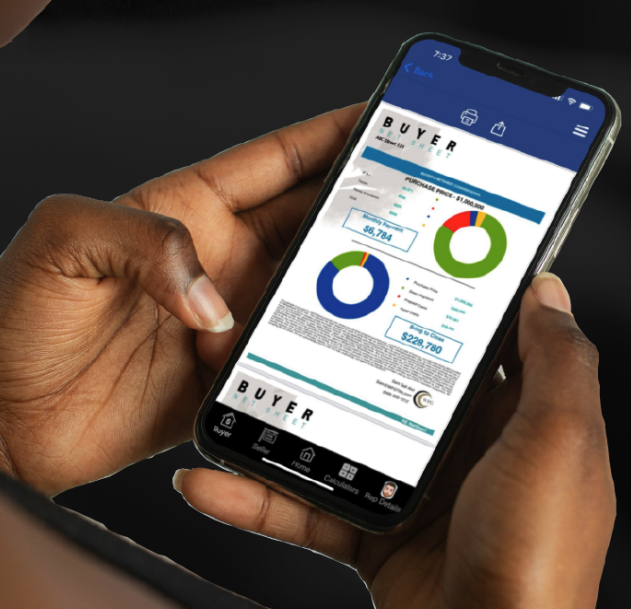Contact me
Christine Gula
SVP | Division PresidentCGula@wfgtitle.comDirect: 408-410-5046
39560 Stevenson Place Ste. 115, Fremont, CA 94539
Place an order
We’ll get you going in less than 5 minutes
WFG will never send you an email asking you to transfer money.
About Me
For over two decades Christine Gula has enjoyed a successful career in the title industry. She brings with her an abundance of knowledge and a diverse background in both the title and real estate industry. She began her career as a Sales Rep and through hard work settled into her current role of Division President with WFG National Title.
“My drive comes from wanting to create a safe, fun and rewarding environment for people to thrive. After many years working for various other major underwriters I’ve found that WFG truly aligns with my beliefs.”
In her first five years Christine’s leadership has given WFG tremendous growth into new markets in Northern California expanding the footprint while creating a viable, successful and profitable Division.
“I would encourage anyone who thinks all title companies are the same to take a hard look at WFG. It’s the culture, the drive and the unique perspective on the industry that allow us to create a happy work place and ultimately happy clients”.
Answering all your questions
Title is a bundle of rights in real property. Protecting purchasers and lenders against loss is accomplished by the issuance of a title insurance policy. Usually, during a purchase transaction the lender requests a policy (commonly referred to as the Lender’s Policy) while the buyers receive their own policy (commonly referred to as an Owner’s Policy).
In short, the policy states that if the status of the title to a parcel of real property is other than as represented, and if the insured for that loss and any related legal expenses, up to the face amount of the policy, subject to exceptions and exclusions contained in the policy.
Typically there are two policies issued. The Mortgagee’s Policy insures the lender for the amount of the loan. The Owner’s Policy insures the purchaser for the purchase price.
While the function of most other forms of insurance is risk assumption through the pooling of risks or losses arising out of unforeseen future events (such as sickness or accidents), the primary purpose of title insurance is to eliminate risks and prevent losses caused by defects in title arising out of events that have happened in the past. To achieve this goal, title insurers perform an extensive search and examination of the public records to determine whether there are any adverse claims (title defects) attached to the subject property. Said defects/claims are either eliminated prior to the issuance of a title policy or their existence is excepted from coverage. Your policy is issued after the closing of your new home, for a one-time nominal fee, and is good for as long as you own the property.
Immediately contact your escrow officer and notify them if someone is unable to attend or sign the closing documents for any reason.
An escrow is an arrangement in which a neutral third party (the escrow agent) assembles and processes many of the components of a real estate transaction, records the transaction, and ultimately, disburses and distributes funds according to the buyers’, sellers’ and lenders’ instructions. Your transaction is typically closed by an Escrow Officer. People buying and selling real estate usually open an escrow for their protection and convenience. Both the buyer and seller rely on the escrow agent to carry out their written instructions relating to the transaction and to advise them if any of their instructions are not mutually consistent or cannot be carried out. If the instructions from all parties to an escrow party are clearly drafted, the escrow officer can proceed on behalf of the buyer and seller without further consultation. This saves much time and facilitates the closing of the transaction.
Bring government issued identification card like a driver’s license or passport. Identification, must include a picture and signature for notary purposes. In the event that you are a borrower some lenders require two forms of identification so it is always best to have two forms of identification with you.
How WFG is built for you
No matter what side of the transaction you’re on, the ins and outs of real estate can be stressful. But we knew from the start that WFG could make things easier for everyone. Our company is built on five simple cornerstones to serve you better.








